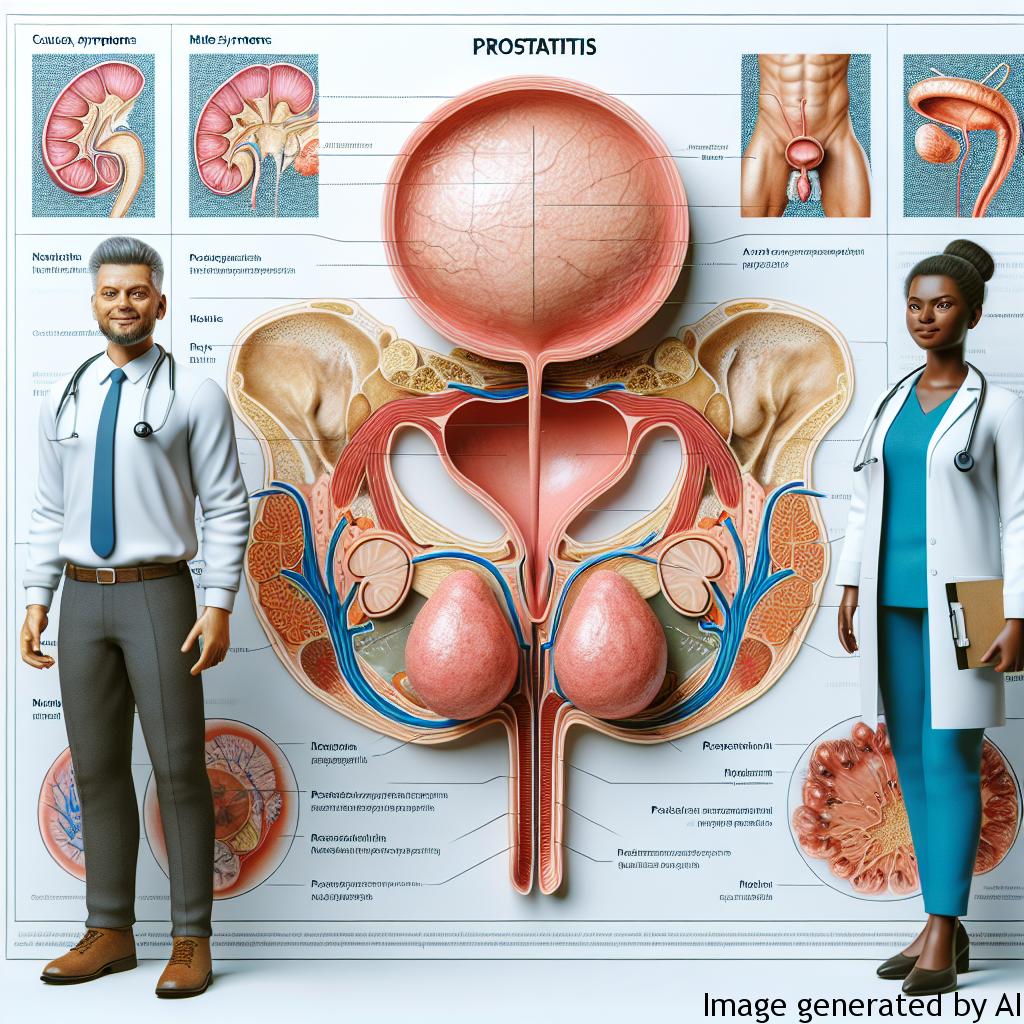Introduction
Prostatitis, a condition characterized by inflammation or infection of the prostate gland, is a prevalent issue concerning men’s health worldwide. The ailment, which can result in severe discomfort and urinary problems, primarily affects adult males of all ages. Despite its widespread occurrence, a general lack of awareness and understanding about prostatitis exists among the public. The importance of comprehensive medical education in promoting preventative measures, early detection, and appropriate treatment cannot be understated. The discussion becomes much more complex when considering the role that gender expectations play in male psychological health, and how these can influence men’s health behaviors, especially regarding conditions like prostatitis.
Gender Expectations and Their Influence on Men’s Psychological Health
The Pressure to Masculinity
Societal norms often equate masculinity with strength and stoicism. This gender stereotype can discourage men from acknowledging physical discomfort and seeking timely medical help. The reluctance to discuss personal health issues, such as prostatitis, contributes to delays in diagnosis and treatment, leading to psychological stress and exacerbating the condition.
The Stigma of Men’s Health Problems
Men’s health issues, particularly those relating to reproductive organs like the prostate, often carry a stigma, reinforcing silence and ignorance around these conditions. Prostatitis, despite being a medical condition, may be wrongly perceived as a sign of weakness. This false perception can magnify the psychological toll on men suffering from the condition.
Examples of How Gender Roles Can Influence Men’s Lives
Prostatitis often leads to complications such as sexual dysfunction and fertility problems. These potential consequences might conflict with traditional male gender roles, leading to stress, anxiety, and depression. Many men feel uncomfortable talking about such issues due to fears of judgment or mockery, which, in turn, can prevent them from seeking support and treatment.
Furthermore, the concept of ‘male resilience’ can prompt men to ignore early warning signs or symptoms. This gendered behaviour often leads to a delay in diagnosis and treatment, causing more harm in the long run.
Tips for Improved Psychological Health with Consideration of Gender Roles
The awareness that masculine norms can negatively impact health-seeking behavior is a crucial step towards adopting a healthier approach. Here are a few considerations:
- Open Dialogue: Encourage open dialogue about men’s health without fear of stigma or judgment.
- Educating Men: Increase understanding and awareness of conditions such as prostatitis among men and help them understand that seeking medical help is a sign of self-care, not weakness.
- Challenge Gender Stereotypes: Recognize and debunk the “tough man” stereotype that prevents men from acknowledging symptoms or discomforts.
- Professional Help: Encourage men to seek professional help when they are in physical or emotional distress.
Conclusion
Promoting proper education and awareness about prostatitis is not simply a medical mission, but it is also a social endeavor. It is pivotal to confront societal gender norms that deter open conversations about men’s health, and particularly about conditions like prostatitis. Prioritizing health, irrespective of gender, must be ingrained within societal expectations. After all, proper medical care is not a sign of weakness—it symbolizes a commitment to oneself and to one’s loved ones.

